Homework
Reading is a valuable activity that impacts on all aspects of the curriculum and as such we encourage children to read as much as possible. Children are asked to read a minimum of three times a week at home for around 15 minutes. Children’s reading records are checked weekly by the class teachers.
Key Stage 2
Children will be given a timestable/set of number facts to learn and practice at home. These will link directly to the child’s target and will be tested daily in class. Once a child shows that they are secure in their understanding they will move to the next target.
A list of spellings are issued every Friday for the children to practice at home – They are then tested on the following Friday.
Each full term classes will set a topic homework that will take the form of an investigation. Children are to work with parents to investigate the area and present their findings in a format of their choosing (this may be written, art work, sculpture etc etc.) At the end of term work will be displayed in the school hall for all children and parents to celebrate.
Maths Help at Home
This website is simple but effective. Great for practising times tables and helping develop fluency. It also has plenty of scope for practising number bonds which are crucial for number fluency in Y1/2 https://www.topmarks.co.uk/maths-games/hit-the-button
This website is brilliant – so many cool games you won’t even realise you are doing maths. Something for all ages – Give it a go! https://www.mathplayground.com/games.html
Another brilliant website with simple but effective games to help support your child’s maths learning. These range from simple matching activities for Reception up to far more complex concepts: https://www.oxfordowl.co.uk/for-home/kids-activities/fun-maths-games-and-activities/
Sometimes we can find it difficult to support our own children at home and feel a little out of our depth with maths. Unless you are doing it day in day out it is easy to forget how things are done. Here is a useful website to help adults understand some of the key concepts: http:/www.bbc.co.uk/skillswise/maths
Spelling Help at Home
As well as the usual ‘look, read, cover, write and check’ method that is promoted in schools to help learn spellings here are some other ways that might encourage children to practice their spellings:
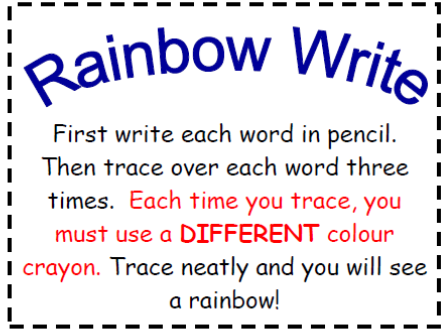
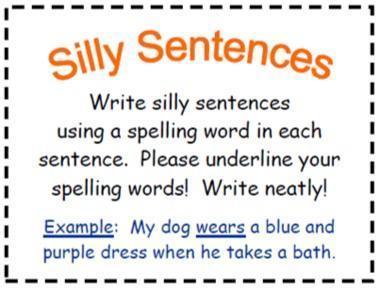
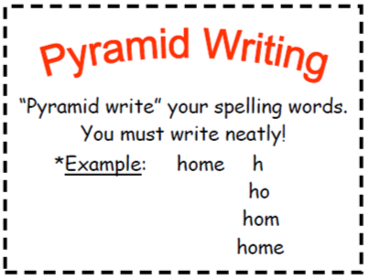
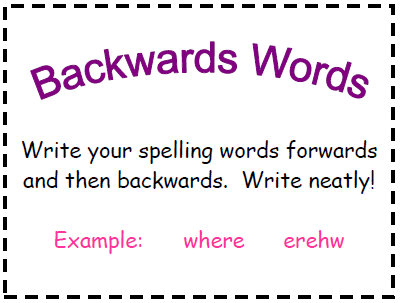
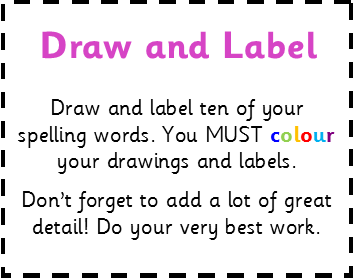
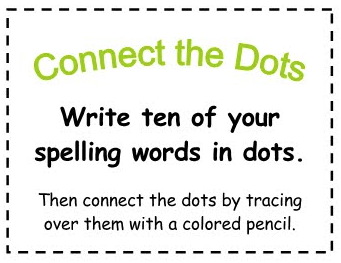
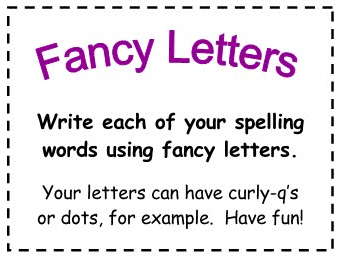
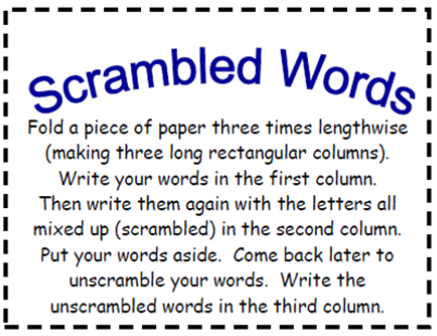
These websites have lots of options if your child is finding spellings particularly tricky:
https://gb.education.com/games/spelling/
www.topmarks.co.uk/english-games/5-7-years/words-and-spelling
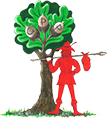 Picklenash Junior School
Picklenash Junior School